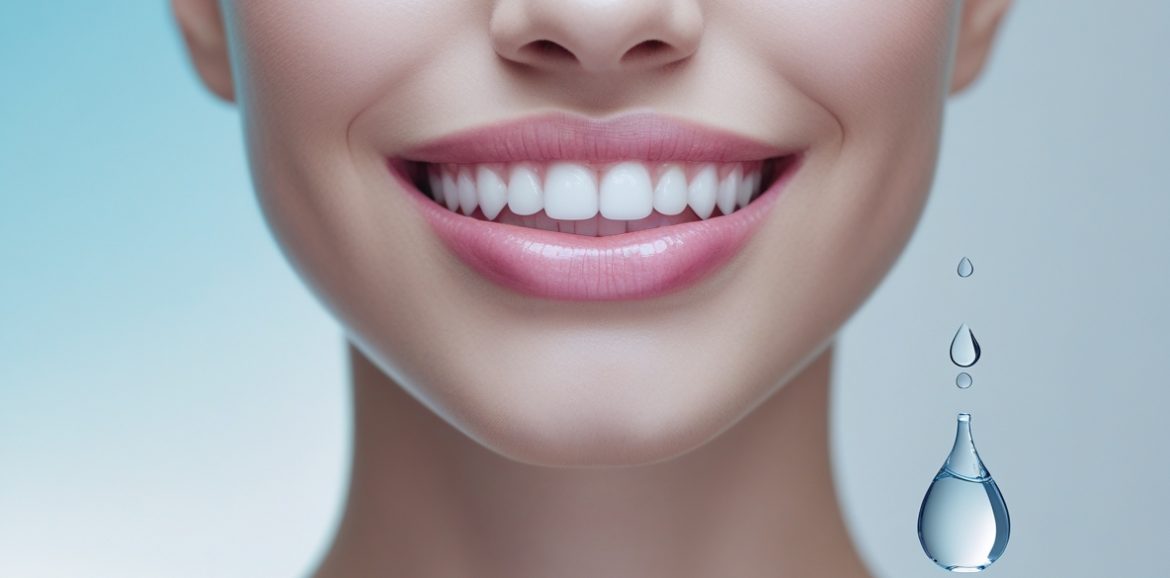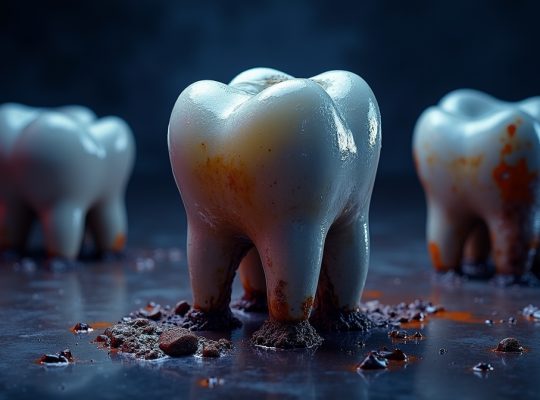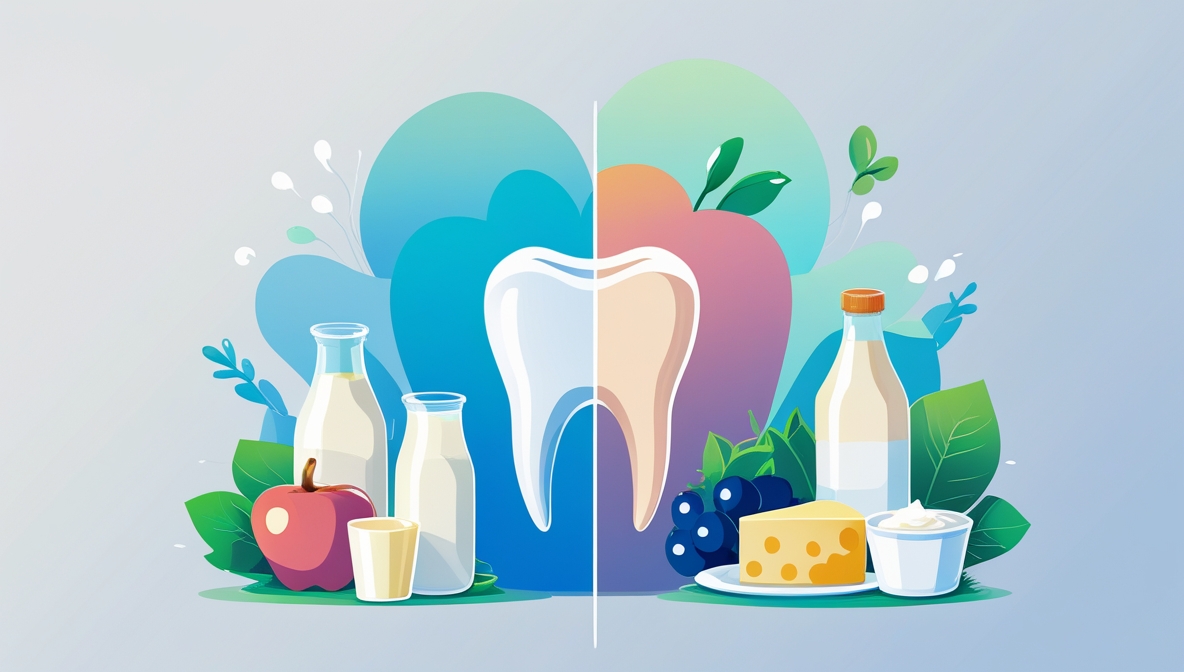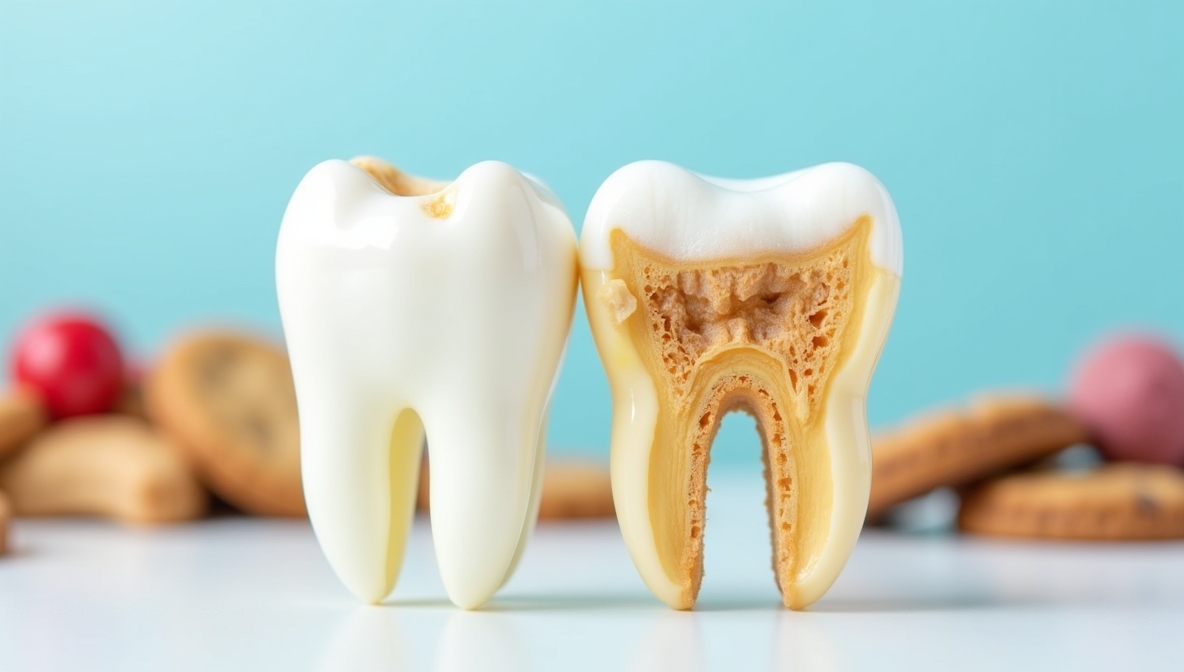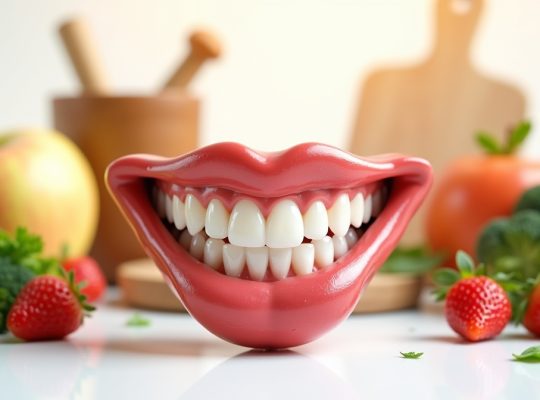Did you know that your hydration habits can influence how your mouth feels and functions every day? Beyond just quenching your thirst, water plays a significant role in your oral health. The condition of your teeth, gums, and even your breath can be affected by how well-hydrated you are. Let’s break down the connection between hydration and your mouth and why it’s so important for maintaining your smile.
The Link Between Hydration and Oral Health
Staying hydrated is not just about keeping your body functioning properly; it also supports your mouth’s overall health. Dehydration can lead to dry mouth, which can create the perfect environment for harmful bacteria to thrive. Without enough moisture, your mouth loses its ability to wash away food particles and neutralize acids, which can lead to tooth decay and gum disease.
How Dehydration Impacts Your Mouth
Your mouth relies on saliva to keep it clean and healthy. When you’re not drinking enough water, your body produces less saliva. This results in dry mouth, which can cause a range of oral health issues, from bad breath to increased tooth decay. Without saliva, bacteria build-up increases, leading to plaque and cavities. Here are some specific ways dehydration can affect your mouth:
Dry Mouth and Its Effects
When your mouth becomes too dry, it can be uncomfortable, and more than just an inconvenience. Saliva helps with:
- Neutralizing acids that are produced by bacteria in your mouth.
- Breaking down food to make digestion easier.
- Washing away food particles that can attract bacteria.
Without enough water, saliva production slows down, and you’re left vulnerable to tooth decay, gum disease, and bad breath.
Increased Risk of Cavities and Plaque Build-Up
Saliva plays a critical role in preventing cavities. When it’s reduced due to dehydration, plaque can build up more easily. Plaque is a sticky film of bacteria that can lead to cavities and gum problems if not removed regularly. A lack of hydration can cause plaque to harden into tartar, which often requires a dental professional to remove.
Bad Breath Due to Lack of Saliva
Saliva doesn’t just protect your teeth—it also keeps your breath fresh by washing away food particles and bacteria. Without it, food particles linger in your mouth, creating a breeding ground for bad-smelling bacteria. So, dehydration doesn’t just dry out your mouth; it’s also a primary cause of bad breath.
The Importance of Water for Gum Health
Drinking enough water doesn’t just keep your mouth moist; it also has an important effect on your gums. If your gums aren’t getting enough moisture, they can become inflamed, which may lead to gingivitis, the earliest stage of gum disease. By drinking more water, you’re giving your gums the hydration they need to stay healthy and strong. Here’s how hydration helps:
Helps Prevent Gingivitis
Gingivitis is often the result of plaque build-up, which can be exacerbated by dry mouth. Adequate hydration helps flush away the food particles and bacteria that lead to plaque. Keeping your gums hydrated helps prevent inflammation and protects them from infections.
Water Flushes Out Toxins from the Gums
The gums, like other parts of the body, need moisture to remove toxins and bacteria. If you aren’t drinking enough water, your gums can’t effectively fight off bacteria that can lead to gum disease. Hydration allows your body to remove harmful substances and toxins, keeping your gums and teeth free of harmful bacteria.
The Benefits of Hydration for Tooth Enamel
Tooth enamel is the hardest substance in your body, but it needs water to stay strong and resilient. When you’re dehydrated, the minerals in your enamel can weaken over time, making it more susceptible to wear and tear. Drinking water regularly helps keep the enamel intact, providing an extra layer of protection for your teeth.
Water Helps Strengthen Tooth Enamel
Enamel requires minerals like calcium and phosphate to stay strong. When you drink water, especially water with fluoride, it replenishes these minerals. This process helps remineralize enamel that may have been damaged or weakened by acidic foods and beverages.
Hydration and Your Mouth’s pH Balance
Water also plays a key role in maintaining your mouth’s pH balance. When the pH in your mouth becomes too acidic, it can lead to tooth erosion and increase your risk of cavities. Saliva helps to neutralize these acids, and staying hydrated supports this natural defense system. Water helps maintain an ideal pH, reducing the risk of acid attack on your teeth.
The Role of Water in Preventing Tooth Erosion
Acidic food and drinks—like citrus, soda, and coffee—can slowly wear down your tooth enamel. But water can help maintain a balanced pH in your mouth, protecting your enamel from this kind of erosion. Water helps neutralize the acids in your mouth and keeps your teeth from being harmed by the acidity of certain foods.
How Much Water Should You Drink for Optimal Oral Health?
While everyone’s hydration needs may differ based on factors like activity level and climate, a good rule of thumb is to drink water consistently throughout the day. When your body is well-hydrated, your mouth will be too. If you’re unsure about how much water to drink, a helpful guide is to aim for 6-8 cups of water daily, though this can vary for different people.
Signs You Might Be Dehydrated
If you’re noticing dry mouth, bad breath, or sticky teeth, dehydration may be the culprit. It’s always a good idea to listen to your body and pay attention to the signals it’s sending you. Here are some signs that you may need to hydrate more:
- Dry or sticky mouth
- Feeling thirsty all the time
- Bad breath or a dry throat
- Dark yellow urine
Water and Its Role in Keeping Your Breath Fresh
Hydration is essential for keeping your mouth fresh. Not only does water help to flush out food particles and bacteria, but it also aids in keeping your breath fresh. Drinking enough water can make a noticeable difference in the way your mouth feels throughout the day.
Final Thoughts
Proper hydration is far more than just about drinking water to quench your thirst. It plays an integral role in maintaining your oral health, from keeping your gums strong and your enamel intact to preventing bad breath and reducing the risk of tooth decay. By simply drinking enough water every day, you can support your overall oral health and keep your smile looking and feeling great. Don’t let dehydration be the silent culprit behind your oral health issues—take a few sips of water and give your mouth the hydration it needs.
